Style Edit: Omega, famed for its elegant Constellation collection and Seamaster dive watches, continues to innovate with 2023’s Speedmaster Super Racing and the Coaxial Master Chronometer Calibre 1932
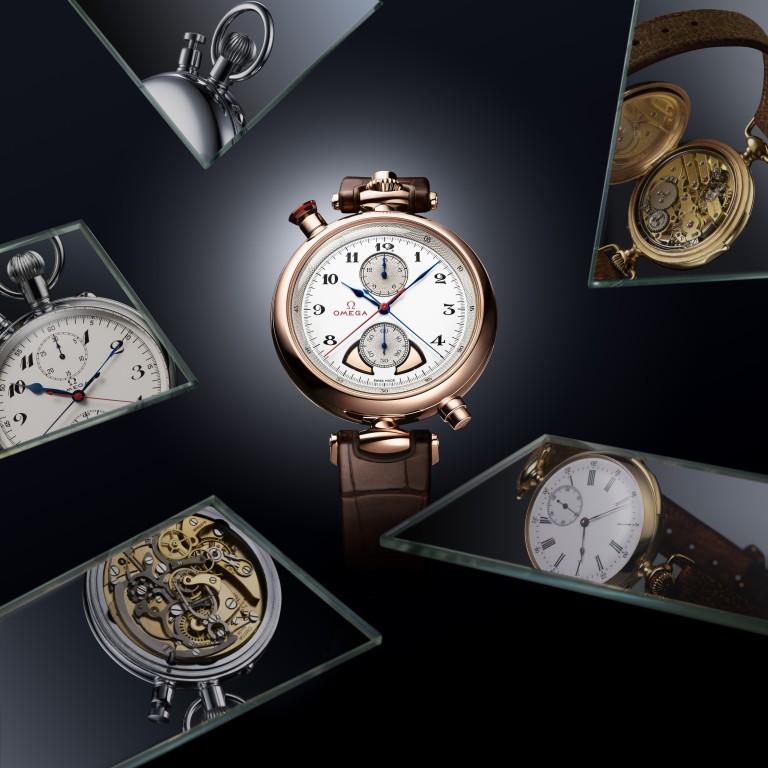
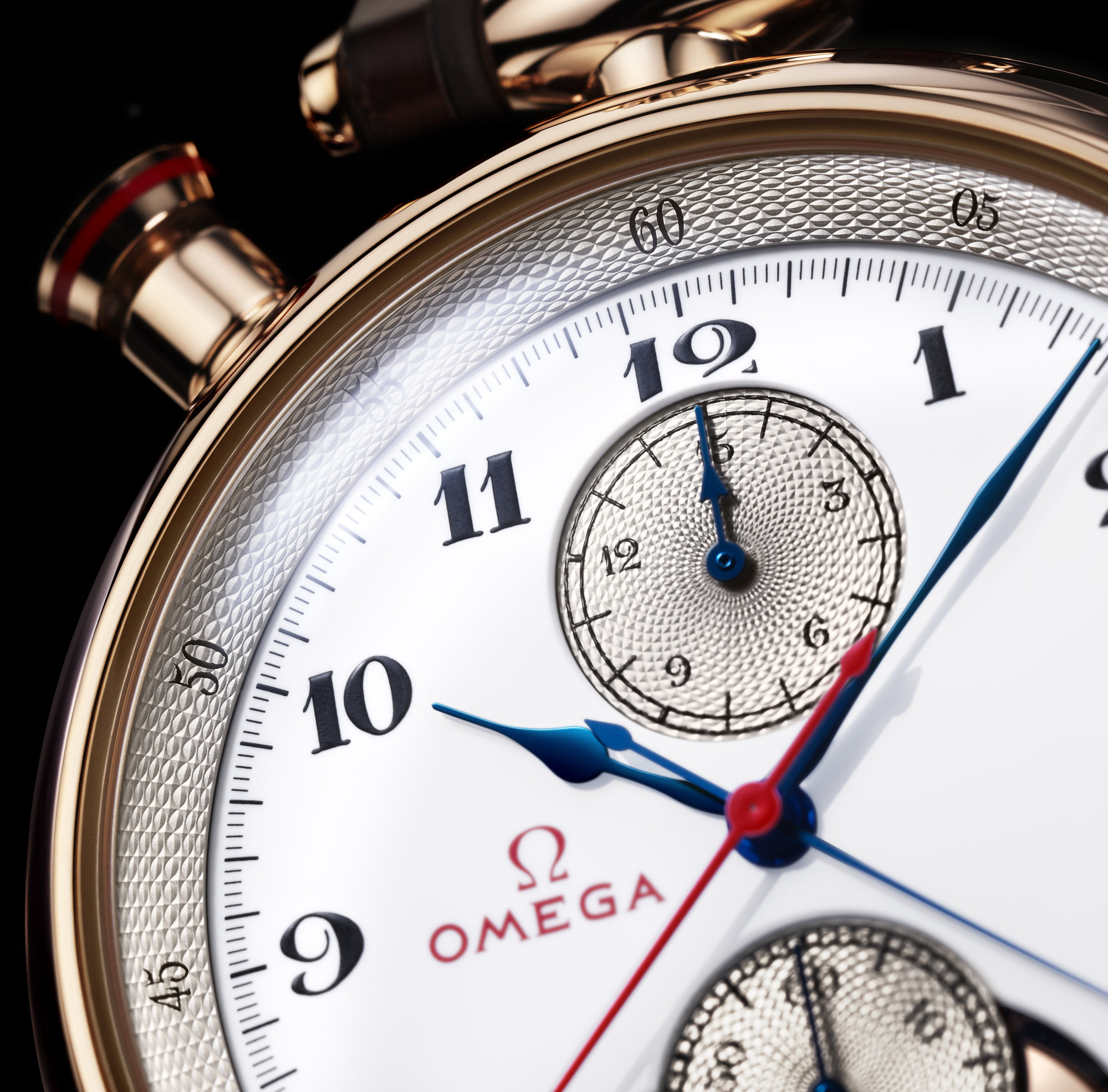
Through the years, the house has racked up an incredible range of horological firsts that showcase its technological leadership. As early as 1892, founder Louis Brandt was busy creating the world’s first minute repeater and the brand was still at it in 2013, introducing the pioneering Calibre 8508, the world’s first antimagnetic movement, made of non-ferromagnetic materials and capable of withstanding a magnetic field of 15,000 Gauss. In between, Omega chalked up numerous other another technical highs, with perhaps the most important coming in 1999, when it introduced the coaxial escapement, developed by legendary watchmaker George Daniels, which fights friction by reducing the size of contact surfaces, and which has since become synonymous with the brand.
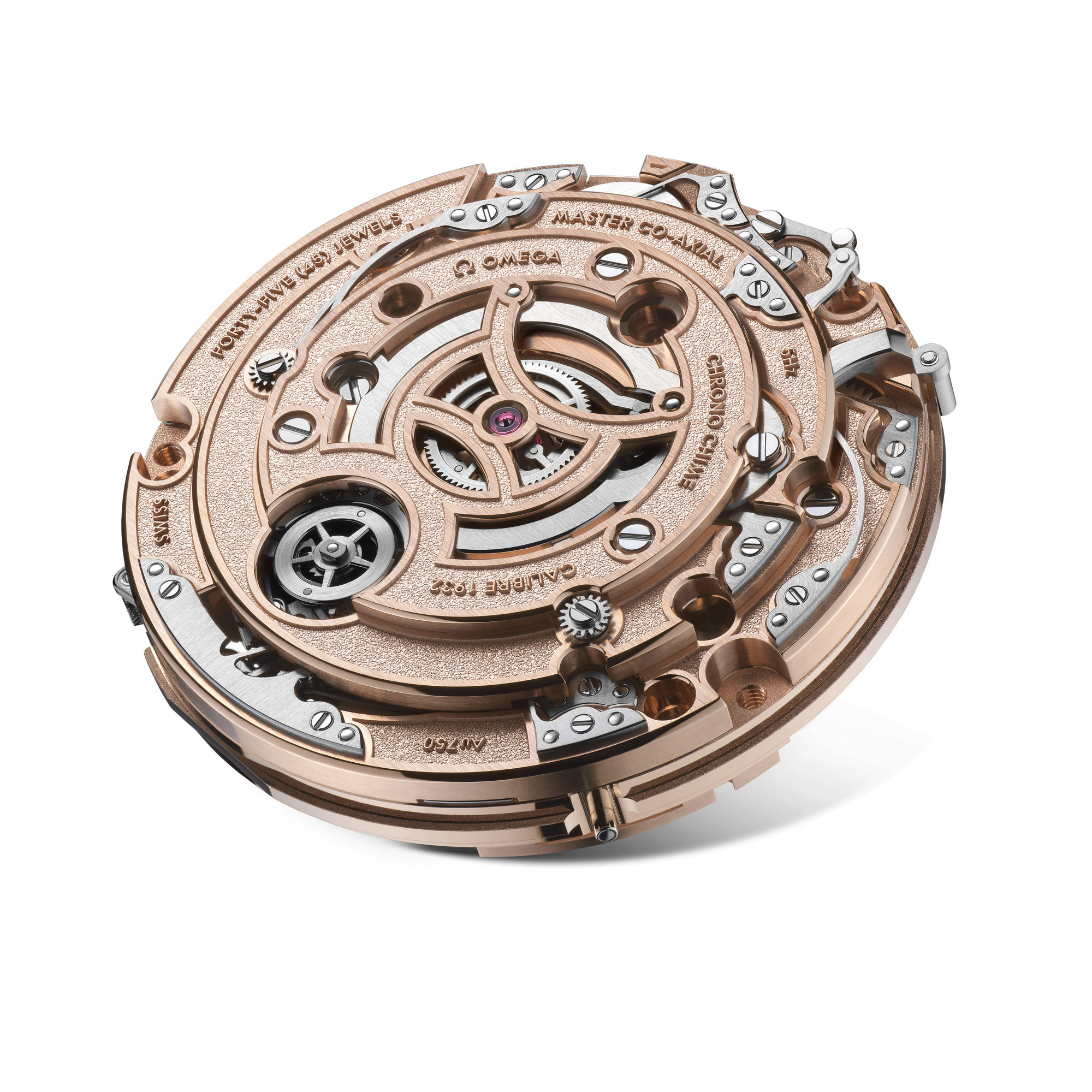
That spirit of groundbreaking innovation endures today at the company, as can clearly be seen from a pair of recent innovations showcased in Omega’s watches.
The first of them – the Coaxial Master Chronometer Calibre 1932 – is the most complicated movement the company has ever made. Powering the coveted Olympic 1932 Chrono Chime launched in 2022, it combines a chronograph and minute repeater within a single movement, a technical feat that took Omega’s watchmakers six years to perfect.
Style Edit: Classic Omega watches to pair with your partner this Valentine’s Day

They were forced to create the entire calibre from scratch, largely because of the second technical marvel embedded within: the coaxial escapement. It beats at a frequency of between 3Hz and 4Hz, whereas the new movement needed to beat at 5Hz, so its chronometer could display tenths of a second. Add in three chime cams, sophisticated security protection and a split-seconds function, and you have a movement that pushes back all sorts of technical boundaries.
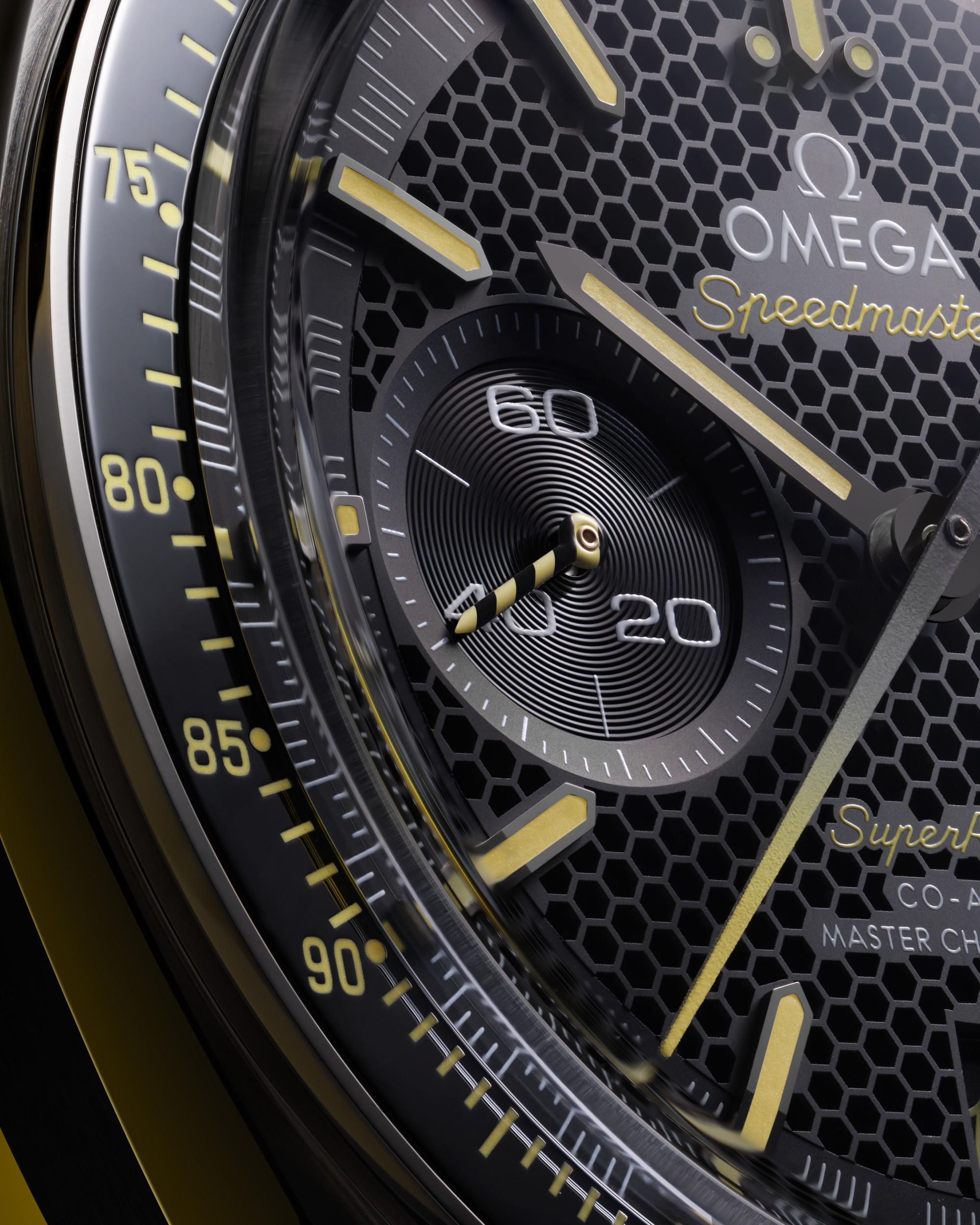
Of course, the relentless search for ever-greater accuracy also powers Omega’s pursuit of technical excellence, and here too the company has made profound steps forward in recent years. Thanks to its new Spirate System, it can now guarantee record precision of zero to +2 seconds a day. A type of spiral that allows for ultrafine adjustments, the system is made possible thanks to a new version of the company’s acclaimed Si14 balance spring, with each spiral manufactured from a silicon wafer, using a process known as deep reactive ion etching.
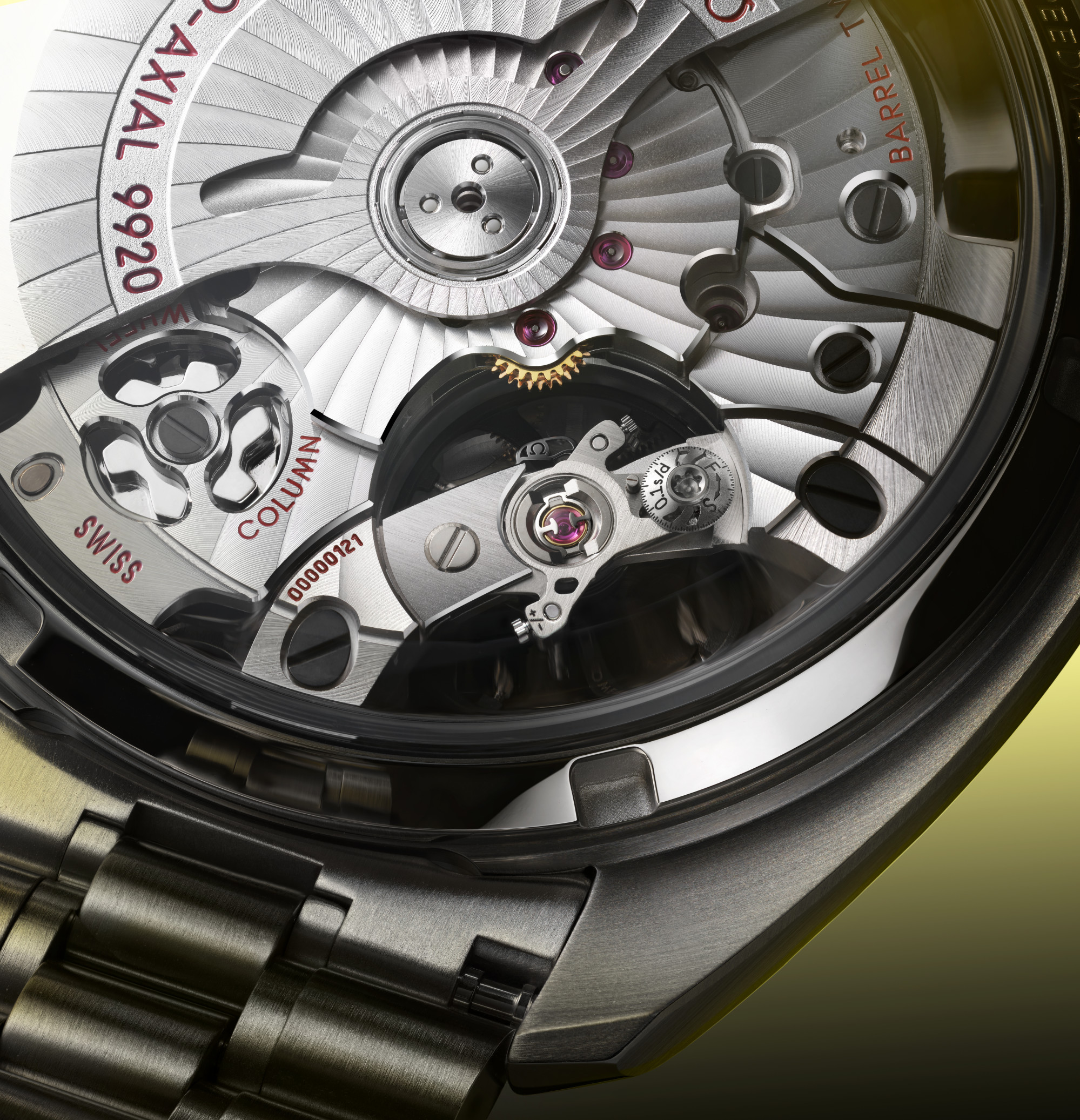
Style Edit: 5 Omega watches that make for an ideal Christmas gift
In 2023, the Speedmaster Super Racing in stainless steel made history when it become the first timepiece to incorporate the Spirate System, proudly on display through its open caseback. Next, Omega plans to roll the system out across a range of other watches, ensuring that it continues to explore the boundaries of watchmaking’s technical possibilities across the board.

- Omega is associated with a range of global sporting events from the Olympics to yachting’s America’s Cup – as well as being the watch of choice for fictional spy James Bond
- Founder Louis Brandt made the first minute repeater in 1892; it introduced the coaxial escapement in 1999, developed by watchmaker George Daniels; and in 2013 it launched the Calibre 8508, the world’s first antimagnetic movement